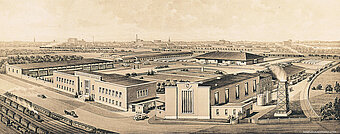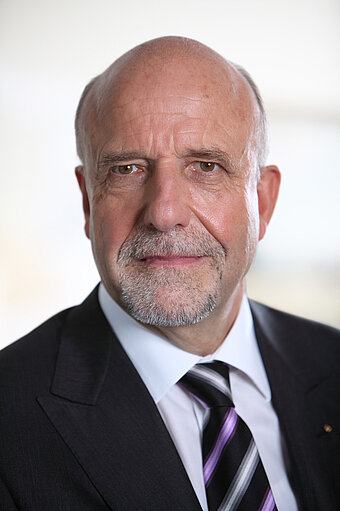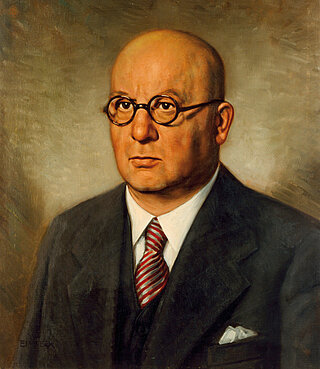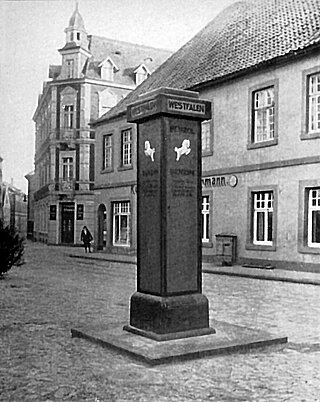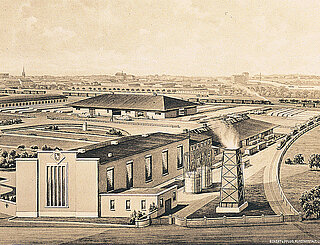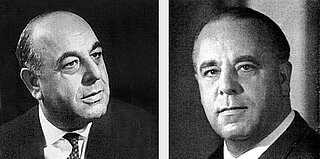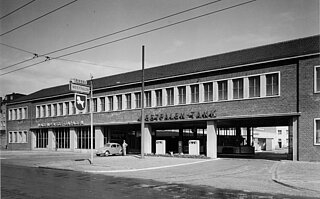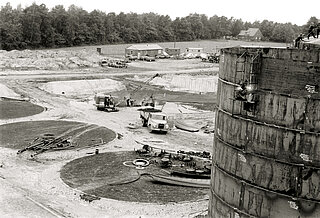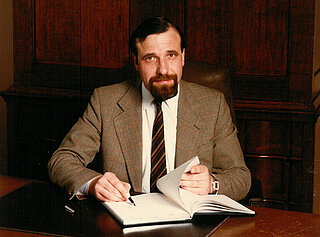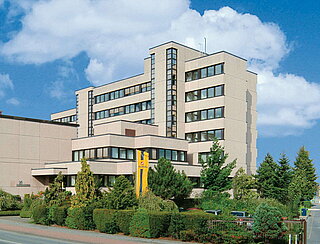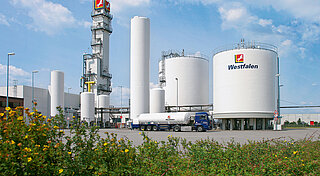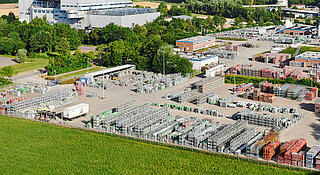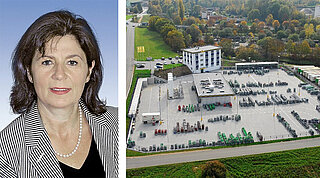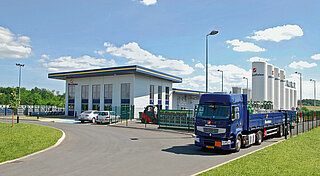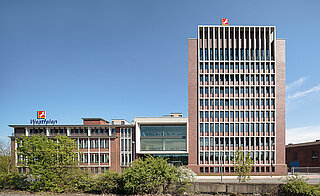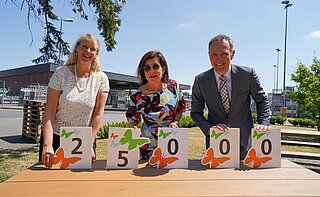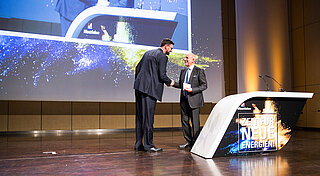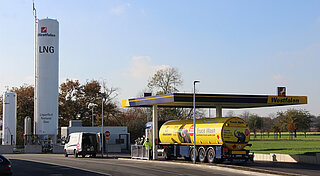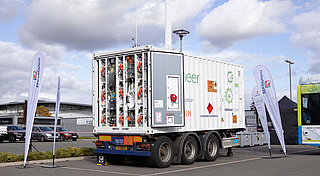2020
Jesko von Stechow completes the Westfalen Group's Executive Board as Chief Financial Officer (CFO).
Spin-off of the start-up fillibri. The smartphone app enables fast and contactless payment at gas stations.
The Westfalen Group opens its first LNG filling station in Münster-Amelsbüren. Over the next 12 months, further LNG refueling facilities are built in Herford, Herne and Cologne.
2021
Spin-off of the start-up Sustayn, a digital platform for greater sustainability in companies.
The Westfalen site in Hörstel becomes the Group's largest production facility for specialty gases. The company invests a total of seven million euros in the north of North Rhine-Westphalia.
For better supply security: Start of full operation at the Krefeld liquefied gas tank farm. The site is being rebuilt with an investment volume of 20 million euros.
Westfalen presents a mobile hydrogen filling station together with its cooperation partner NanoSun.
Opening of the first Westfalen Mobility Hub in Bornheim near Bonn. In addition to alternative energy carriers, Westfalen offers a broad portfolio of sustainable products and services at these locations.
Launch of the production and filling of technical gases in Münster-Gelmer. The investment volume is 20 million euros.
2022
New brand identity for the Westfalen Group.
Groundbreaking ceremony for a new filling plant for technical gases in Lanken in the Hamburg area.
2023
Respiratory Homecare (RHC) becomes a separate business unit and is to be significantly expanded over the next few years. At the same time, Westfalen intends to establish business with hydrogen, a climate-friendly energy carrier, as a key growth area.
Green hydrogen for commercial vehicles: Westfalen and RWE are planning a joint venture and aim to build up to 70 hydrogen filling stations by 2030. The initial regional focus is on North Rhine-Westphalia and Lower Saxony.
Westfalen is entering the electricity-based heating market by acquiring a majority stake in the NGC.tec Group, thereby adding sustainable energy systems to its product portfolio in the heating sector.

